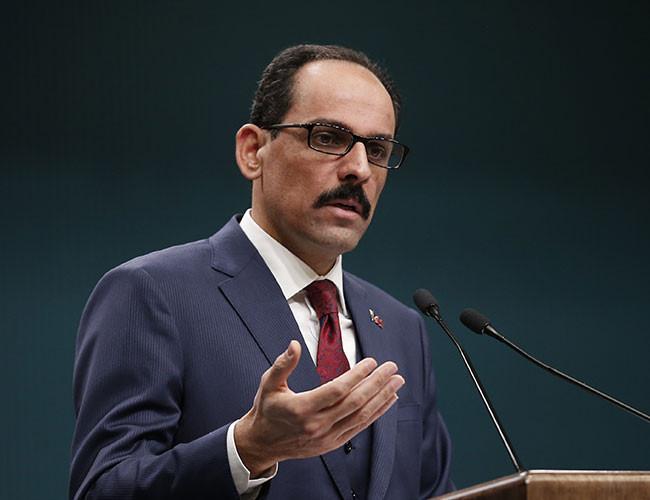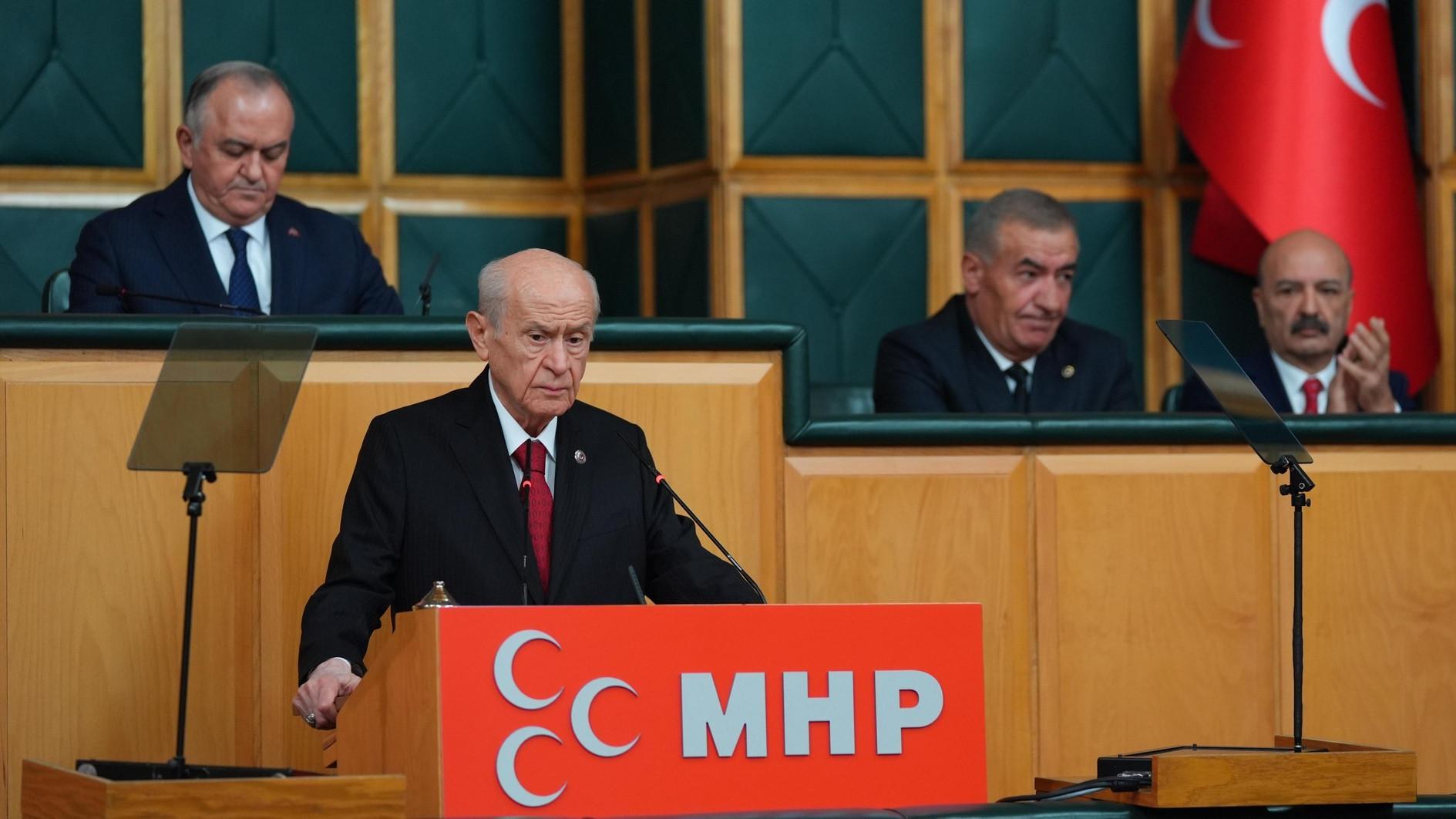New Turkish law on adultery on Justice Ministry’s agenda: Presidential spokesperson
ANKARA

The Justice Ministry is working on a new regulation on outlawing adultery upon the instruction of President Recep Tayyip Erdoğan, Presidential Spokesperson İbrahim Kalın has said.
“Our president [Recep Tayyip Erdoğan] has spoken to the justice minister and given an instruction to conduct work on this issue [adultery]. Now our friends are working on the issue,” Kalın said at a press conference on Feb. 21.
He noted that the issue is being dealt with alongside efforts to take more effective administrative and legal measures against child abuse.
Kalın’s comments came after President Erdoğan said on Feb. 20 that the government was wrong to shelve an attempt to criminalize adultery in 2004, an issue that caused a major row between Turkey and the EU during accession talks at the time.
“I must say that in the EU process we made a mistake ... This is an issue where Turkey is different from most Western countries,” Erdoğan said.
The adultery issue came onto the agenda right after Erdoğan instructed six ministers to work on a new set of measures against child abuse that would introduce harsher penalties for those who commit these crimes, including chemical castration.
“Those who commit these crimes must be excluded from the possibility of reduced sentences. Wounds inflicted on society are the same as killing a person,” Erdoğan said.
“By making a regulation on adultery, all of those abuses would be considered within the same scope,” he added.
A so-called “adultery law” came onto the agenda in 2004 as part of a package of sweeping changes to the penal code, which also included the abolition of torture. Many of the changes were seen as an attempt to bring Turkey’s legal code into line with European human rights legislation, but the “adultery law” drew outrage both within Turkey and abroad.
Under huge pressure from the EU, Ankara backpedaled from the bill in September 2004.
Adultery had been illegal in Turkey until 1996, when the Constitutional Court overturned the law, saying it was unequally applied. Under earlier laws, men were deemed adulterers if they were proven to have been involved in a prolonged affair, while women could be charged if they were unfaithful once.
















